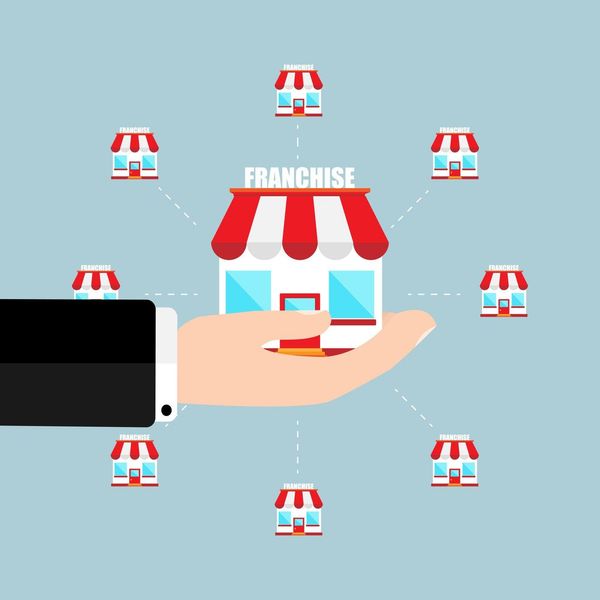
Franchising Your Business: It’s All About Systems
I had a seventh grade teacher who was famous among his students for driving home one passionate point, and it’s a lesson that I have never forgotten. Mr. Welsh would periodically get frustrated with our class’s performance on a test, and he would spit out each word as he glared at us and say, “You have GOT to have a …,” and here he would turn to his blackboard, write the word in four-foot-high letters, and shout, “SYSTEM!!”
Mr. Welsh’s mantra holds true in the world of franchising. Delivering the same high-quality product or service consistently is challenging enough. Doing so at different locations is harder still. And doing so in a network of independently owned franchised businesses at hundreds of locations around the globe is a truly extraordinary feat. The only way this remarkable consistency can be accomplished is by using a business system.
The idea of a business system is a simple one: It is a detailed set of instructions, followed to the letter. It is one menu, deeply understood and delivered with no variations; it is an explanation to employees of “how we do it here;” it is a checklist followed consistently in the delivery of a service.
Once every aspect of a business operation is thoughtfully reduced to a system, it should be written down so that it can be followed by a team of people and their successors. Systems include everything from the precise number of seconds to cook french fries at an exact temperature in a specified mix of oils, to the way the customer is to be greeted at a service counter, to exactly how quickly fresh product on a warming shelf is to be discarded.
Think for a moment about the implications of this simple idea. Once a system is in place, it means that different aspects of the business can be delegated to a succession of employees, so the business can continue to perform without interruption. It means that anyone can be taught how to operate the business. It means that the business can be efficiently and profitably run without variations. Most profoundly, however, it means that the entire business can be replicated. This is why franchising has flourished in such an extraordinary fashion for the past 40 years.
The role of business systems in a franchise network is essential to its success. And that’s why two key ingredients in passing on your system — the operations manual and training — are so vital.
Operations Manual: A franchise network’s operations manual is the embodiment of the company’s business system. It collects in a single place all of the written instructions for operating the business. The manual contains the essence of the business; as such, it’s considered a valuable trade secret and should be protected from disclosure outside the company. Allowing the manual to fall into the hands of a competitor could be devastating.
Traditionally, the operations manual took the form of one or more printed three-ring binders with tabbed sections. It was kept under lock and key and shown to employees in small segments, and constantly referred to by the franchisees for guidance. Today as operations manuals go digital, protecting them has become a new challenge; savvy franchisors are placing them in password-protected Web locations, with appropriate security measures.
The operations manual has always been something of a legal anomaly in that it is blindly incorporated into the body of the franchise agreement – thus an enforceable document requiring compliance as part of the franchise agreement – yet it is considered a “living” document that can be altered by the franchisor over time.
Training: The goal of most franchise training programs is to teach new franchisees the systems of the business, and there is no more important measure of a franchise network than how well its training prepares franchisees to operate the business profitably. In fact, in the franchise world, transferring the know-how of the business system is second in importance only to the intellectual property represented by the trademark.
If you are still in doubt as to the importance of business systems to a franchise, I suggest you read Michael E. Gerber’s terrific (and now classic) business book The E-Myth Revisited: Why Most Small Business Don’t Work and What to Do About It, which offers a thoughtful discussion of the liberating effects of carefully designed business systems for small business owners. Gerber successfully identifies the systems DNA of most franchise networks, and offers a look at the role of systems in the execution of a successful business.
It all comes down to having a SYSTEM.
Mr. Welsh would be proud.



